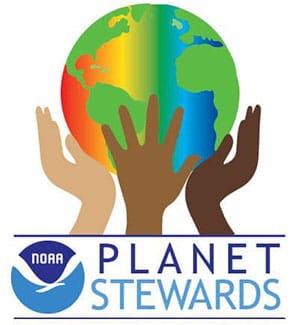Simulations and Models for Teaching Earth System Science
Although the models used by scientists and engineers are often very complex - consisting of millions of lines of code running on supercomputers, some of the basic concepts of scientific modeling are well within the reach of elementary school-aged students. Young children are able to understand the behaviors of surprisingly complex systems when they have an opportunity to play around with those systems. Earth science is full of complex systems, such as the water cycle or Earth's global weather and climate. Even fairly simple systems that make sense to young learners can exhibit the behaviors of much more complex systems, such as feedback loops and lags in responses. Just as we teach students arithmetic as a foundation for later learning algebra, we can help young learners comprehend the building blocks of system science before moving on to more advanced versions in later grades. This presentation surveys examples of simple simulations and games suitable for young learners - both computer-based software as well as physical manipulatives more akin to tabletop games. Examples from a range of Earth science topics are demonstrated, including tree rings for decoding past climate, growing and shrinking a glacier, food chain checkers, a very simple climate model, the greenhouse effect, a kinesthetic nitrogen cycle game, and more.

Randy Russell
At the time of this broadcast Randy Russell worked for the K-12 science education group at the National Center for Atmospheric Research - NCAR - in Boulder, Colorado. During his 15+ years at NCAR, he developed numerous educational resources for use in Earth science education and related STEM fields, with an emphasis on the creation of educational simulations and games. He also led face-to-face and online teacher professional development workshops. Before joining NCAR, Randy worked with Boston-based TERC on a series of Earth science education interactives, and with Michigan State University's Virtual University developing online courses for science, engineering, and math education. Randy started off in science and engineering, earning a bachelor's in astrophysics and a master's in aerospace engineering, then switched gears and earned his doctorate in education from Michigan State.


Social